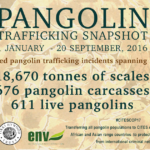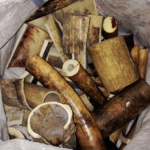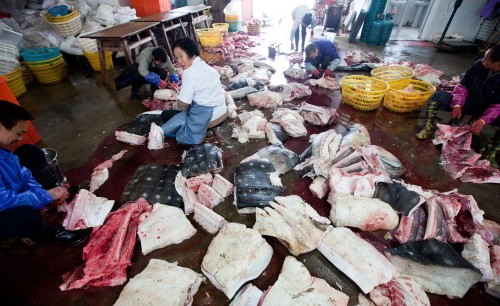
An investigation by Hong Kong-based NGO WildLifeRisk has revealed that a processing plant located in China’s Pu Qi township near Wenzhou, Zhejiang Province, is slaughtering at least 600 endangered whale sharks annually.
Revelations about shark-processing at the factory, ‘China Wenzhou Yueqing Marine Organisms Health Protection Foods Co Ltd’, follow WildLifeRisk’s four-year investigation.
Alex Hofford and Paul Hilton of WildLifeRisk said in a joint statement that the scale of the slaughter was “truly staggering”.
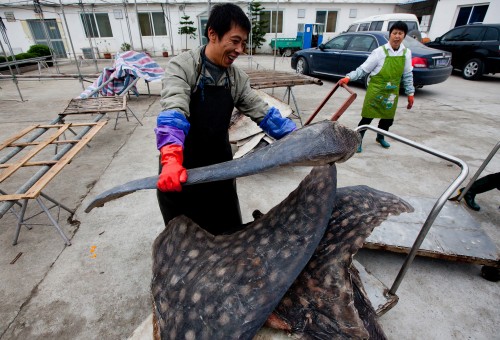
“How these harmless creatures, these gentle giants of the deep, can be slaughtered on such an industrial scale is beyond belief. It’s even more incredible that this carnage is all for the sake of non-essential lifestyle props such as lipsticks, face creams, health supplements and shark fin soup. We are calling on China’s regulatory authorities to enforce the international agreements on this illegal activity now, before these animals are brought closer to extinction.”
According to WildLifeRisk’s investigative report, the factory general manager — Mr. Li Guang — admitted on camera that countless basking sharks and great white sharks are also being industrially processed at his PuQi factory. He also admitted to intentionally smuggling other whale shark products out of the country to be sold for human consumption, including the meat and skin.
“The real money-maker is the shark’s liver.”
Investigators discovered that the liver oil from whale and basking sharks is being sent to another processing plant on China’s Hainan Island, ‘Hainan Jiahua Marine Products Bio-Pharmaceutical Co Ltd’.
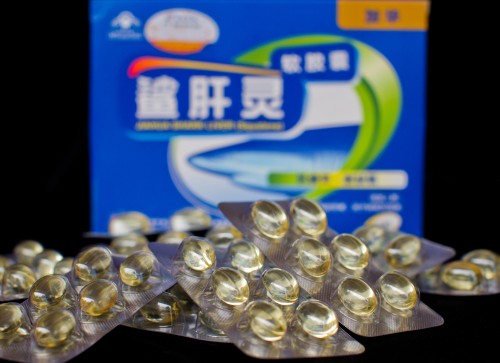
According to the Convention on International Trade in Endangered Species of Wild Fauna and Flora (CITES), to which China is a signatory, the international sale of products from an endangered species is illegal and the trade is unsustainable. However, the WildLifeRisk investigation found that countless basking sharks and great white sharks — two of three species currently afforded the highest protection under CITES — are also being industrially processed at the Pu Qi factory.
The products derived from these protected species are being exported to the United States, Canada and Italy, in contravention of the internationally-binding CITES agreement.
Undercover footage and audio recordings obtained by WildLifeRisk reveal that migratory whale sharks present in Australian waters are being caught off the coast of China in the South China Sea, and also further afield in the Pacific — specifically in waters of the Philippines, Indonesia and even as far away as Mexico.
“Evidence gathered points to an extensive trade network fanning out from China across the globe.”
WildLifeRisk believes a compelling argument exists for the better protection of whale sharks in their natural habitats, maintaining that these endangered creatures are worth far more, in economic terms, alive rather than dead.
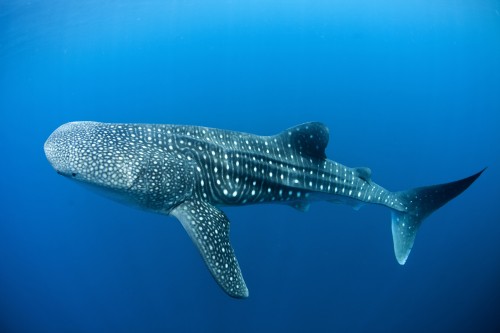
According to the Pew Environment Group: “In regions where whale sharks are known to aggregate, ecotourism has proven to be an extremely lucrative alternative to fishing. It has been estimated that whale shark tourism, mainly through recreational diving, is worth about US$47.5 million worldwide.”
WildLifeRisk points out that if whale sharks are to avoid being hunted to extinction, consumers must be persuaded to reject whale shark products, or any other kind of shark-related products. It said that the trade in endangered shark and manta ray products is both environmentally unsustainable and unethical.
“If we hope to save species such as the whale shark from extinction, we must hold individuals accountable for their violation of international protection laws and demand transparency so that consumers can make informed decisions about the products they buy.”


